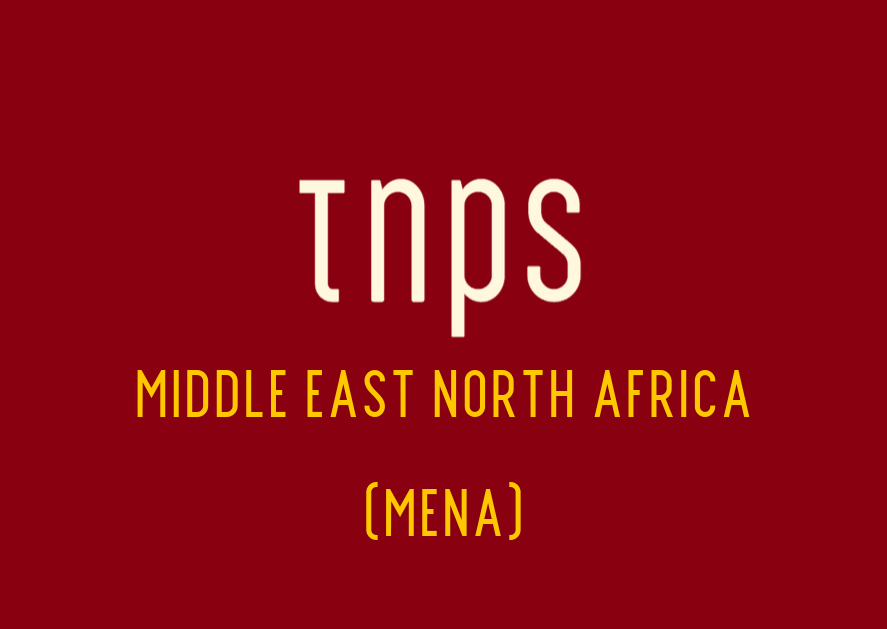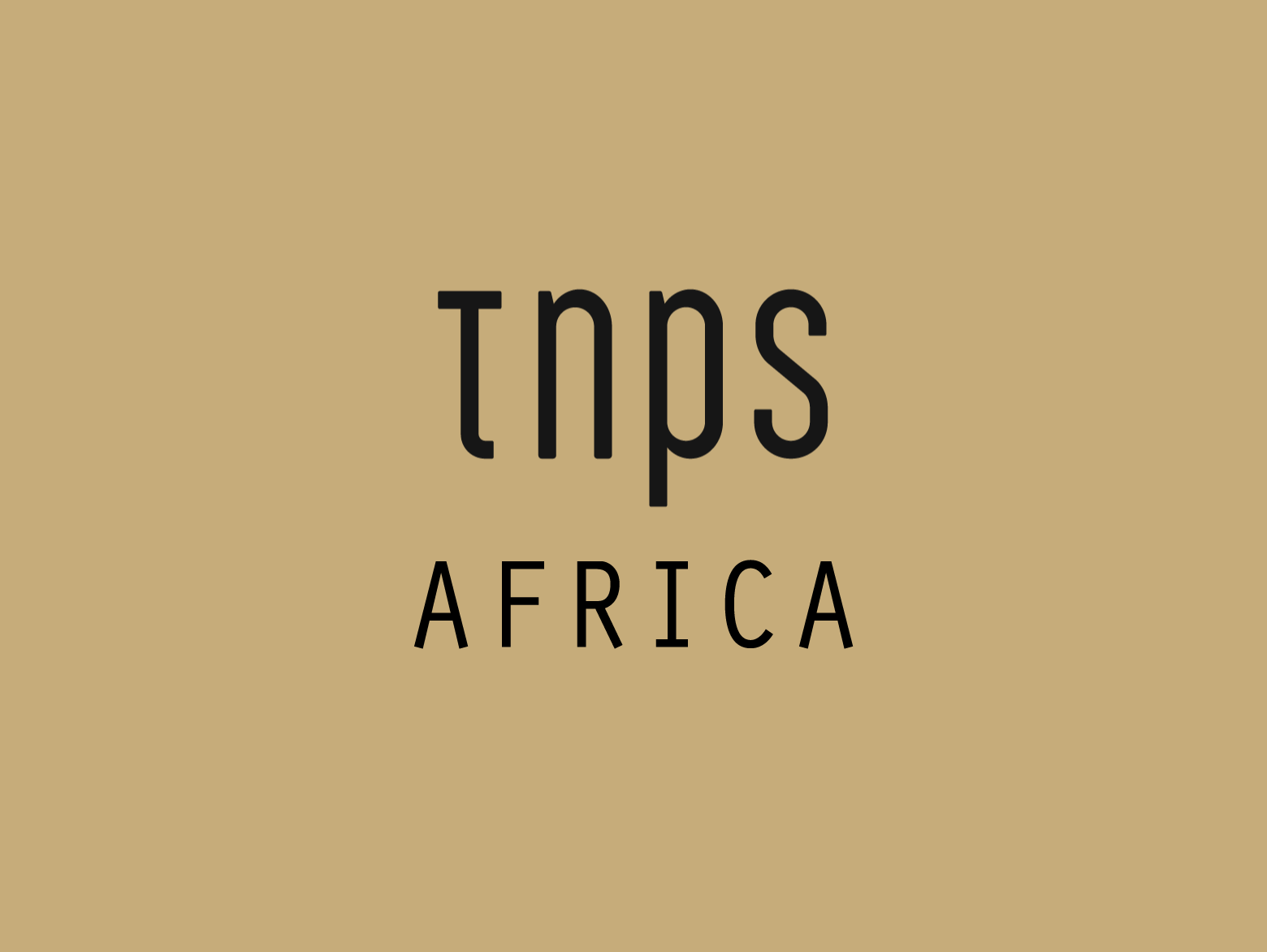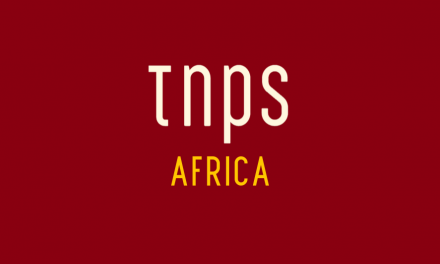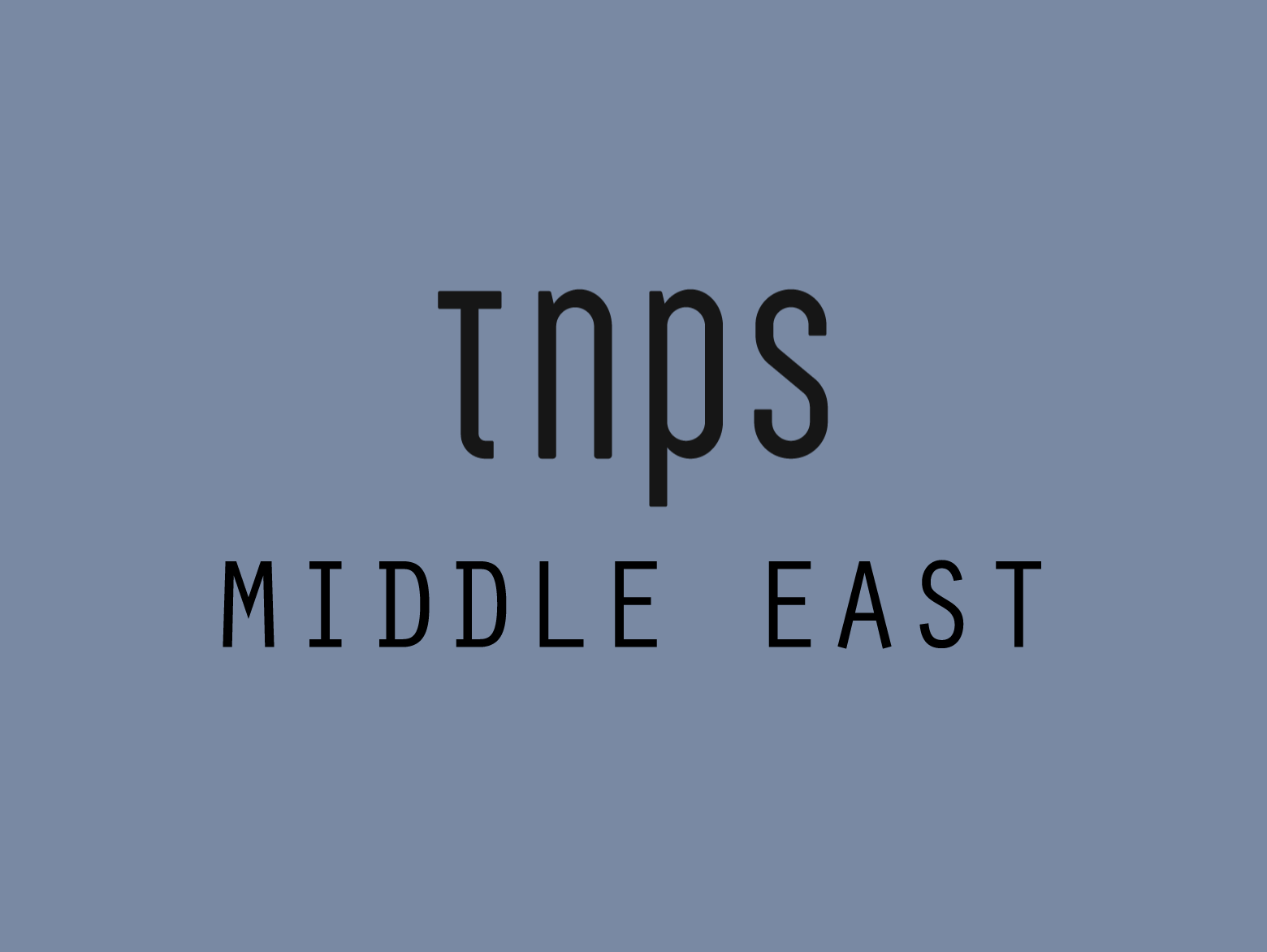As a writer and teacher in Africa, I can only applaud what is being achieved elsewhere on this beautiful continent, and dream that it might one day happen here.
Details of the Sharjah African Literature Festival are slowly emerging, and while press releases by nature paint a rosy picture, they can be useful to get a flavour of events like this.
With that in mind, then:
Building Institutions that Promote Reading
The Sharjah African Literature Festival recently hosted a session titled Building Institutions that Promote Reading, where participants emphasised the significance of reading in enhancing cultural identity and expanding knowledge. They shared their experiences in establishing projects and institutions aimed at spreading the culture of reading through libraries and schools in remote areas, as well as prison libraries that have contributed to inmates obtaining advanced university degrees.
On a personal note there, sadly none of this is happening in The Gambia, from where I write TNPS, but it is inspiring nonetheless.
Key Speakers and Highlights
The session featured distinguished speakers:
* Dr Abdul Aziz Al-Musallam, Chairman of the Sharjah Heritage Institute
* Kinanao Fili, Co-founder of the Gaborone Book Foundation
* Ifeoma Esiri, Nigerian lawyer and founder of the Zakios Libraries Project
Dr Abdul Aziz Al-Musallam reviewed his extensive journey with culture and heritage, highlighting the achievements of the Sharjah Heritage Institute, which employs over 1,300 people and operates four international offices. The Institute focuses on heritage awareness and publishing. It also organises the Sharjah Heritage Days Festival and the Sharjah International Storyteller Forum, both influential international platforms. The Institute is accredited by UNESCO as a centre for capacity building in heritage.
Ifeoma Esiri shared her impactful experience in founding the Zacchios Libraries Project in 1999. The project began by distributing books to schools and encouraging reading through interactive sessions with authors. It now includes 34 libraries in Lagos, with over 62,000 books distributed across Nigeria. Esiri also highlighted an initiative with the National Open University to provide books in prisons, establishing 19 prison libraries in Nigeria.
Kinanao Fili explained that the idea for the Zakios Libraries Project stemmed from her passion for reading and her efforts as a non-profit organisation focused on African literature. Her team visits schools in remote areas, reaching communities with populations between 500 and 1,000 people. Beyond annual exhibitions, they organise reading nights and launched a book club to foster a reading culture in society.
In My Dreams
As a writer and teacher in Africa, I can only applaud what is being achieved elsewhere on this beautiful continent, and dream that it might one day happen here.
This post first appeared in the TNPS LinkedIn newsfeed.





